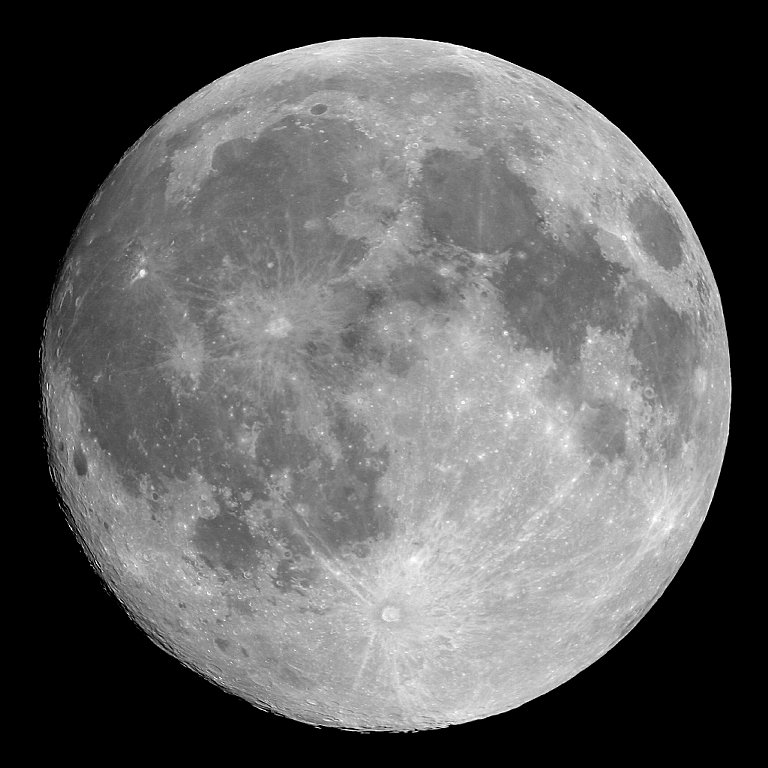 Avatar’s meteoric rise as 2009’s most controversial movie can has one natural outcome: box-office record breaker. Millions of people continue stuffing theaters to join the debate, then turn towards the sky wondering what it all means for up there and down here.
Avatar’s meteoric rise as 2009’s most controversial movie can has one natural outcome: box-office record breaker. Millions of people continue stuffing theaters to join the debate, then turn towards the sky wondering what it all means for up there and down here.You can philosophize about the future of space exploration and exploitation, but you can also gaze at the moon and watch it unfold now. Or as now as the near-future can seem.
The term “space warfare” is somewhat of a misnomer. “Outer space warfare" or "extraterrestrial warfare” is more accurate if debating the future of war outside the Earth, in outer space. “Space warfare” is exactly that - war over space, a given area of existence.
Parking spaces, lawns, football, and West Asia are examples of space warfare.
We don’t want to challenge the term too far though; the two terms shouldn’t be separated completely. We only point out that humanity’s “outer space warfare” is technically “space warfare.” Humans are imaginative, curious - and running out of space and resources on Earth. We may be destined to fight over everything beyond our planet once we’ve tapped it dry, so potential lunar warfare could very well begin the same as many terrestrial wars.
“Outer-space warfare” as commonly dreamed - space ships, lasers, and foreign planets - may be centuries away, but “space warfare” on the moon is right around the corner. Nor is it much of a secret.
Ouyang Ziyuan is extremely fond of informing anyone within earshot about the amazing properties of helium 3, a light, non-radioactive isotope believed ideal for nuclear fusion. Among other things, the chief scientist of China's Lunar Exploration Program (CLEP), a component of its manned Moon missions, boasted that, “each year three space shuttle missions could bring enough fuel for all human beings across the world.”
Though Ziyuan is often accused of hyperbole and scientists have yet to agree on helium-3’s overall viability as a second generation power source, wide consensus remains that the element will be pursued vigorously by all space powers to replace depleting carbon fuels.
Wired ran a story in 2006 titled Race to the Moon for Nuclear Fuel that failed to connect the dots, possibly intentionally to save its insight. As China’s lunar fever starting to pick up and catch on, the time to connect America and China’s battle for global hegemony and lunar warfare has come. In fact the war has already begun.
Wired quotes Ziyuan as saying back in 2006, “We will provide the most reliable report on helium-3 to mankind. Whoever first conquers the moon will benefit first."
Those aren’t the words of a space “race.”
At this point we can jettison helium-3 much like a spacecraft rids itself of spent rockets. Helium-3 is just the surface of what could be vast stores of iron and other minerals desirable to governments back on Earth. The Moon Agreement was supposed to protect lunar reserves from being harvested by the few states with outer space capabilities, but since neither America, Russia, India, or China ratified the document, only one conclusion remains.
“NASA plans to have a permanent moon base by 2024, but America is not the only nation with plans for a moon base. China, India, the European Space Agency, and at least one Russian corporation, Energia, have visions of building manned lunar bases post-2020,” reports Wired.
Every one of those states is interested in helium-3 and whatever else lies beneath the Moon’s crust. While these bases will be founded under the banner of research and exploration, they will quickly morph to resource exploration and extraction. Competition will start gradually before developing into a free for all as the 21st century passes, barring international legislation.
And realist opinion on international organizations is common knowledge.
The presence of multiple governments and companies should prompt the need for security on the Moon. As time passes military bases on the Moon would be the next logical step to secure a growing network of roads, mines, labs, and residences. More advanced weapons could then be positioned in space to protect lunar infrastructure, spawning new threats to the dream of a united humanity.
Back on Earth a lunar divide between developed and developing countries will threaten terrestrial stability, as non-space governments will band together and oppose the world's super-mining powers.
Their efforts, however, may be futile; no global power will voluntarily allow itself to fall behind in the Moon Rush. China isn’t to blame if this movie turns to reality. Responsibility falls on the collective of America, the EU, Russia, India, and China, who are all vying to operate the first lunar base, harvest the first lunar energy and water, and blast off to Mars.
Who digs into the Moon first is a mere formality because the others will be close behind. 2020 isn’t that far away.

I've been following China and India's space programs but more the engineering aspect than exploration. Although I have read about Chinese satellites surveying the Moon's surface for geological purposes, didn't realize all the super powers are racing to steal the Moon. If we can't govern the Earth how are we supposed to govern space? That's more faith in humanity than i have.
ReplyDeleteThat's how it'll be perceived - stealing the Moon - barring the unlikelihood that the superpowers share their new found energy with the world. A discount would still provoke anger, so imagine if superpowers horde or price gauge. We would say the Moon needs legal regulation in a hurry, but this is unrealistic in every way. Survival of the fittest reigns supreme.
ReplyDelete